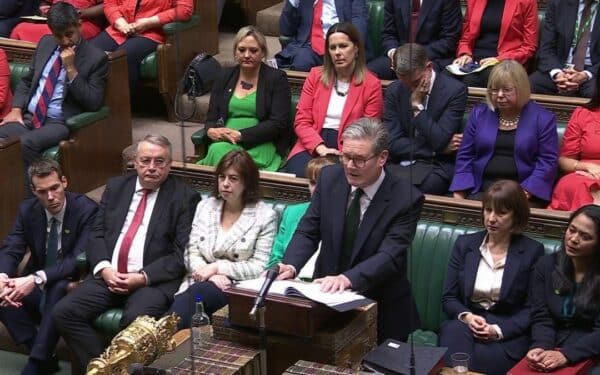Among great British institutions, the East India Company is not the force it was: when last detected, it had shrunk to the status of a dining club in Hamburg. Its loss is compensated for by a large number of contemporary institutions fulfilling its historical role as UK government proxies and instruments of Whitehall realpolitik, while preserving the outward appearance of free-market vehicles of enterprise. Chief among these are the energy companies, and corporate oil and gas behemoths.
It has not escaped the notice of the public that, while its worst afflictions as the cost of living crisis bites are caused by the soaring price of energy, the energy giants, as a consequence of that same price inflation, are living high on the hog. In April the raising of the energy price cap increased average household bills by 54 per cent. The ratchet is scheduled to be turned further in October. For many people, this is a very serious financial crisis. For the worst affected, “heat or eat” is no longer a theoretical dilemma.
But it’s an ill wind… Not everyone is headed for the nearest food bank. BP’s underlying profit doubled in the first quarter of this year to £4.9bn, while Shell tripled its profits in the same quarter to a record £7.3bn. Unsurprisingly, demands for the levying of a one-off windfall tax on the energy companies have swelled to a crescendo. Opposing it is a band of Conservative MPs, like faithful housecarls clustered around King Harold’s standard at Hastings, fighting a last-ditch battle in defence of free-market capitalism.




